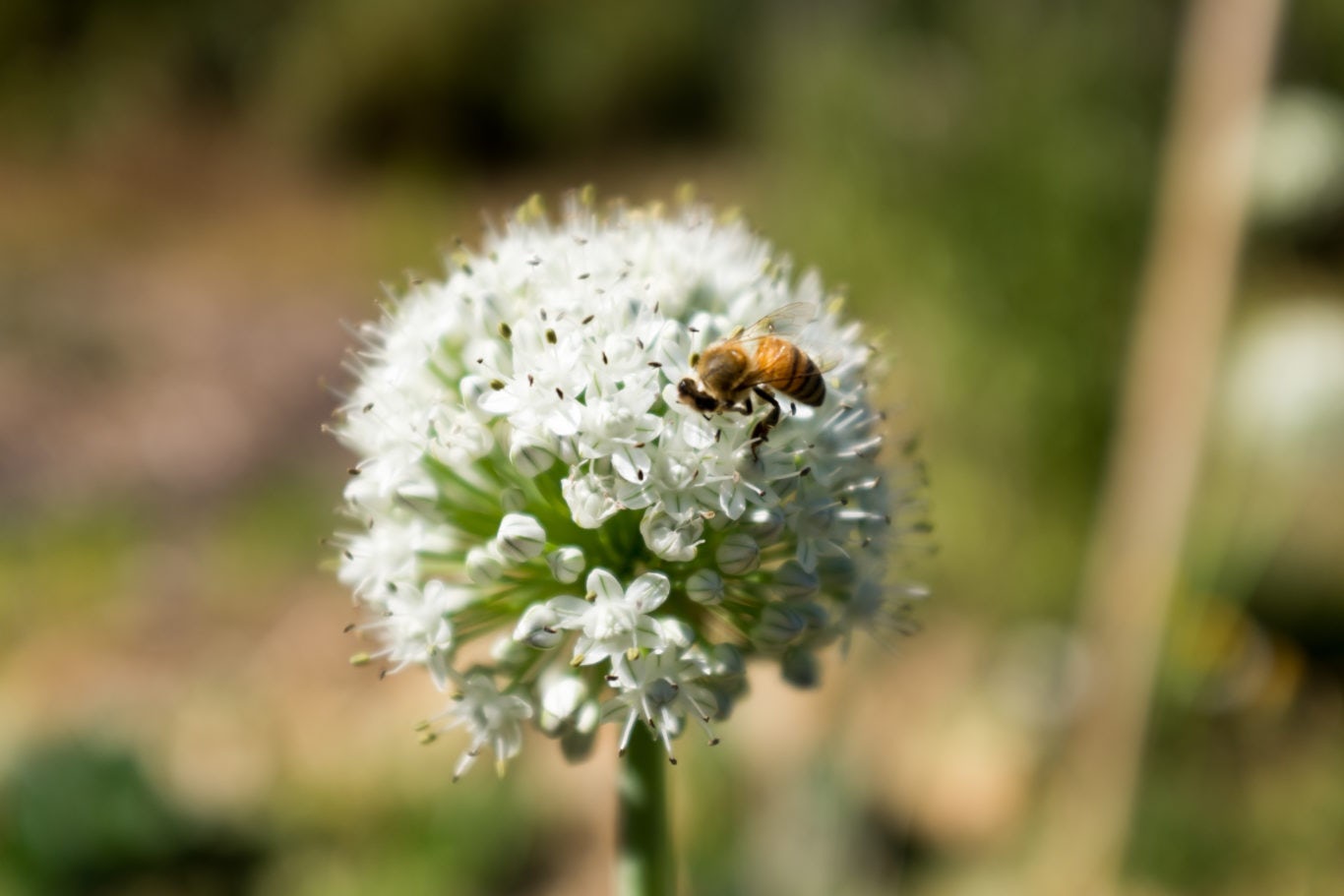Challenging Settler-Colonialism as a Practice of Love this Native American Heritage Month
Challenging Settler-Colonialism as a Practice of Love this Native American Heritage Month
By Chanel Ison, Equity and Inclusion Coordinator
Since 1990, November has been nationally recognized as Native American Heritage Month. Though November should be a month filled with pure celebration and joy for Indigenous communities, the reality is that for many this is a time of mourning.
At Oregon Food Bank, we recognize that our mission to end hunger and its root causes is interconnected with Native people’s struggles for sovereignty, Land Back, the healing of the Earth and thrivance of people and cultures. We do not forget or turn away from the true history and current conditions of colonization — namely the invisibilization, murder, disappearance and erasure of Indigenous people and culture, as well as the abuse and theft of sacred lands, waters and air. Indigenous people experience significantly greater food insecurity and worsened health and environmental impacts as a result.
With humility and deep intention, we honor Native American Heritage Month by recognizing the full history of the and creation of the United States, centering Native voices and amplifying calls for solidarity from Turtle Island’s first people. This month and everyday, we continue to reckon with the histories and continued realities of settler-colonialism and honor this reckoning as a practice of love.
Through radical honesty about historic and ongoing colonial violence, we begin to deepen our accountability to each other, especially to the Native communities and lands we reside on. Together, we can create a future where Native people are able to thrive — where hunger and its root causes of White supremacy and settler colonialism no longer exist.
In the spirit of cultivating intentional community, we invite non-Native people to challenge the fallacies of settler colonialism: that Native people are “extinct” people of the past; that they exist as a monolithic stereotype; and the lie that the United States as it exists today was created and continues through peaceful relations between the Indigenous people of Turtle Island and settlers. Settler guilt can and will never overshadow Native grief. But still, as people on stolen land, we must do the work that allows us to deeply reflect and be accountable for the impacts of their actions and feelings. This processing allows settlers to decenter themselves and truly commit to authentic relationships and direct action.
We invite our community to take action by learning whose lands we reside on. We also recommend researching the 1950s Termination Era Policies and broken treaties, which continue to legitimize the land theft and violence that Native communities experience. And we invite everyone to explore the direct actions below to make progress toward redistributing resources — and celebrating the labor, resilience, art and culture of Indigenous communities.
Upcoming Native American Heritage Month Event:
Thursday, November 23 | 09:00 a.m. PT: Mahtowin Munro and United American Indians of New England’s 2023 National Day of Mourning livestream event
